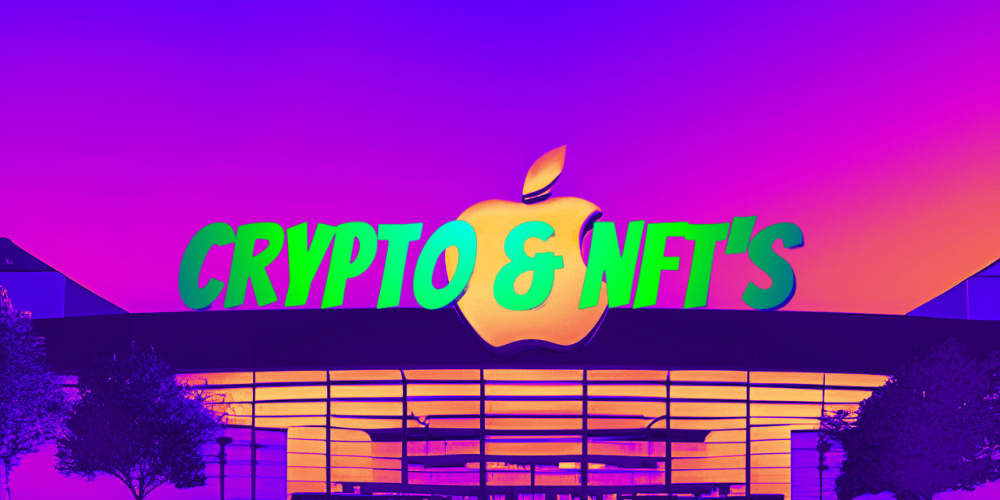The Ongoing Struggle Between Apple and Epic Games
The U.S. Supreme Court has recently made a decision that continues to uphold Apple’s App Store payment rules, much to the dismay of Epic Games and other developers. This ruling has significant implications for the crypto and NFT (Non-Fungible Tokens) industry.
Epic Games had requested an immediate loosening of Apple’s App Store payment rules, which would have allowed apps to direct users to payments outside of Apple’s ecosystem. However, the Supreme Court’s decision on August 9th, led by Justice Elena Kagan, declined to let a federal appeals court decision take immediate effect.
Apple’s 30% Tax and Its Impact on Developers
The Court of Appeals for the Ninth Circuit had previously ruled that Apple violated California’s competition laws by not allowing apps to direct users to non-Apple linked payment solutions. This ruling would have enabled developers like Epic Games to direct users to alternative payment methods, bypassing Apple’s 30% tax on in-app payments.
This 30% tax has been a significant barrier for crypto firms, including those wanting to offer iOS users the ability to purchase NFTs. Currently, there is no way to buy an NFT on an app listed on Apple’s App Store other than through its in-app payment system, which charges a 30% commission rate and only allows purchases using fiat currency.
Limited Functionality for Crypto Apps
Apple’s guidelines do not permit apps to use crypto to unlock app functionality or make in-app purchases using crypto. This restriction has led to most crypto apps offering only limited functionality, such as viewing balances and assets. Crypto exchange apps remain unaffected.
The Legal Battle Continues
Justice Kagan’s rejection of Epic’s request means that Apple will have a few more months of reprieve from the ruling as it plans a Supreme Court appeal. The Ninth Circuit ruling will come into effect if the Supreme Court refuses Apple’s appeal.
Epic argued that the appeals court applied a “lax legal standard” in granting the stay, which would injure Epic and other app developers for a significant period. Apple countered, stating that the stay has been in place for two years and doesn’t apply to Epic anyway.
Conclusion
The battle between Apple and Epic Games is far from over, and the implications of this legal struggle extend beyond these two giants. The crypto and NFT industry is closely watching the developments, as the outcome could shape the future of how digital assets are bought and sold on mobile platforms.
The decision to uphold Apple’s 30% tax rules, for now, has left many developers and crypto enthusiasts frustrated. The coming months will be crucial in determining whether there will be a shift in the way apps can direct users to alternative payment methods, potentially opening new doors for the crypto and NFT market.
The legal complexities and the potential impact on the broader tech and crypto industry make this an issue worth following. Will Apple’s stronghold on its payment ecosystem continue, or will developers find a way to break free from the constraints? Only time will tell.
